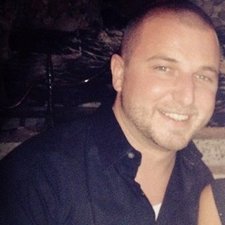 This week's feature is an interview with Jake Strang, now the Director of Annual Giving and Alumni Engagement for the Tepper School of Business at Carnegie Mellon University. Jake was, until recently, the Senior Associate Director of Annual Fund Program for Columbia University, where he played a role in the establishment of Columbia Giving Day, among many other things. Columbia Giving Day has become a tradition at Columbia, raising over $14 million in 24 hours this year. Jake started his career in fundraising as a Carolina Caller at the University of South Carolina, when I managed the call center. I'm so proud of his success! I asked Jake some questions about getting started with giving days and what strategies have been the most successful in his experience.
*Giving Tuesday is a campaign to make the Tuesday after Thanksgiving dedicated to charitable giving, countering the commercial focus of Black Friday and Cyber Monday.
No one department is responsible for a successful giving day. Working with your team is really the key to making the day a success. Often, creative solutions are needed to accomplish the overall goal and strong partnerships are what make it possible. Giving Days must be a team effort between everyone from annual giving to gift processing to web initiatives and marketing and communications. Without bringing in the full team and having support from senior management giving days can see only limited success. Challenge Matches and Incentives Challenge matches and incentives are another essential part of giving days. As fundraisers, we need to ask ourselves what our donors are asking themselves, “Why today?!” The answer is to make the gift go further via matching funds, engage new and returning audiences, build social reach, and set organization records. Among other reasons, this is why the giving day model truly works. Donors want to know they’ve made a difference, not just by giving but also by giving on this particular day. More and more we see the rise of the digital age in giving. How do you get donors interested and how do you keep them coming back? By providing live updates on the day, hourly challenges and friendly competition, donors are incentivized to come back and check on the progress throughout the day…and hopefully make an additional gift if they’re engaged! Innovation Don’t be afraid to innovate and try new things. Giving Days are a great platform for my two favorite words “pilot program.” Because the campaign is only 24 hours, it is special and should be treated as such. Giving days are a great place to test new ideas on a small scale and build them out once you see the response of your audience. At Columbia, we used Columbia Giving Day as an innovation springboard. Numerous pilot programs and technologies were created and then reused in everyday giving because they started on Giving Day.
By "gamificating" our ambassadors, they were encouraged to post, share, and get likes/comments on their status updates. We gave away prizes to our top ambassadors to reward them. We actually found that in year 1, our top ambassador was an international non-donor who made his first gift on Giving Day. After the success of the program, we later transitioned it to the Alumni Association who has continued to build and see success with engaging volunteers across the US and internationally in this way! Throughout the year, ambassadors are supplied content from events, graduation, as well as other top performing social posts keeping them engaged as they promote on behalf of the school. More about Jake Strang: With over a decade of fundraising experience, Jake Strang currently serves as the Director of Annual Giving and Alumni Engagement at the Carnegie Mellon Tepper School of Business in Pittsburgh, PA. He is responsible for overseeing annual giving, alumni marketing, and volunteer programs for the school. Prior to his current role, he spent four years with Columbia University as the Senior Associate Director for Annual Fund Programs. While there, Jake oversaw a number of Annual Funds, special initiatives and worked on the core team for the first five Columbia Giving Days. He began his fundraising career with Ruffalo Noel Levitz as a student caller for his alma mater, the University of South Carolina. He later was responsible for managing the phone programs at both South Carolina and Columbia University. Strang holds a Bachelors of Science in Marketing and Management from the University of South Carolina’s Darla Moore School of Business and Master of Science from Columbia University in Fundraising and Non-Profit Management. 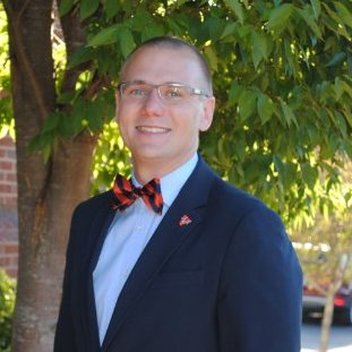 This week's feature is an interview with Nick Foster, who serves as the Associate Director of Development for the School of Medicine at the University of Virginia. We covered a lot of topics, including how he plans his travel schedule, questions to ask on donor visits and how to stay connected to your children when traveling. And I learned about a very special bear in the process! Enjoy! Q: How much do you travel for your position? How do you decide where to go? A: I cover a total of 11 states, and two cities in Virginia (States: Alabama, Arizona, California, Illinois, Louisiana, Michigan, Minnesota, Mississippi, Nevada, New Mexico and Wisconsin. Cities in Virginia: Lynchburg and Richmond). To cover the territory effectively I visit one or more of the states in any given month. A trip could be “simply” traversing Los Angeles, or making the 600 mile trip from Minneapolis, MN to Chicago, IL via Rochester, MN, La Crosse, WI, Madison, WI, and Appleton, WI. For the first twelve months in the role I divided my time, proportionally, between the states. For instance I visited California, with over 500 med alumni, four times; and Mississippi, with just over 100 med alumni, for just three days. Now, as I’ve qualified individuals, and gift discussions have developed my travel schedule is determined more by these conversations than simply trying to visit a territory. Q: What's your theory on travel planning? Get the anchor visit first or just go for it? My theory is “You’re not going to raise money, that often, from behind a desk. Get on the road and engage those individuals who have shown they are invested in your program by the giving of their time, talent or treasure.” I subscribe to the “book it and then secure the visits method”. Working with physicians everything can be very last minute. Trips generally come together a couple of days out. As I sit here writing this (Thursday) I’m going to Michigan for four days next week, I have seven confirmed visits, three “I’d love to see you, call me when you’re in town”, and two “I won’t know my schedule until Monday, call me then”. You just have to do it and if you have spare time when you’re on the road, you can always focus on your moves management plan for donors who aren’t in the area. Q: What are your favorite questions for donors on a discovery visit? A: The general theme of the conversation is to get to know the individual. I usually I like to hear about their current relationship and feelings towards UVa, what their time was like in school, were there any mentors, why did they go into medicine, how did they get to UVa, where did they do there residency, how did they ended up in the city they are currently working, how long have they been in the area, family and pastimes. I like to ask if they have any questions, or if they keep up with the news from the school. Most importantly, I always thank them for their support and ask what inspires their philanthropy, and ask if there is anything I can do for them. Q: What are your best 2nd visit questions? How do approach a donor to see if they will entertain a proposal? If the first visit has gone well, then I try and interact with the alumni between visits. This might be sending articles in their practice area, telling them how their giving makes a difference, inviting them to events etc. (I use the fundraising software to remind me and then track these interactions, try not to go rouge with shadow databases!) On a second visit I might ask “you mentioned in our first visit that you’d received a scholarship and that gave you the opportunity to come out of medical school virtually debt free. I hope that gave you the opportunity to select the area of medicine that interested you the most. The financial aid package that you likely received was most likely due in part to a generous alumni, like yourself, making a commitment to the school and endowing a scholarship fund. Doc, you’ve been a loyal and generous supporter and I was wondering if we could have a conversation about ways that you could set up your own scholarship and give students who are coming out of medial school now a similar opportunity to the one you experienced.” Q: What are your favorite travel loyalty programs?
Q: Tell me about Stuffed. What other things do you do to stay connected with your son while you are on the road? Stuffed is a travelling bear that my son gave me. If you press his paw he says, in Henry’s voice, “Hi Dad, I love you and I miss you”. Stuffed sits in the passenger seat when we drive, and he loves having his photograph taken when we visit interesting places. You can follow him on Facebook at The Adventures of Stuffed the Talking Bear. When I’m on the road I’d like to say that we Facetime each evening and I read him bedtime stories, but Henry isn’t interested in that! I might get a quick “Hi Dad, I’m going to play, bye Dad.” I do try and get a good morning “hello”, and check in after school to hear how his day went. I also text pictures of Stuffed. I also try and bring back a gift that is from the area, for instance I brought him the book The Three Little Javelinas from Phoenix, and Petite Rouge: A Cajun Red Riding from New Orleans. He also just got a Cub’s t-shirt from Chicago! More about Nick Foster: Nick started his working life in the music industry. For six years he worked for a record label and events company. In this role he oversaw 120 events a year and was part of a team that had success with getting a record in the Top 10 of the UK Singles Chart. It wasn’t until he moved stateside that he decided it was time to take his career in a different direction. Following a short spell at Waffle House, everyone should work as a line cook or waitress at some point in their lives, he ventured into the nonprofit world.Nick started working for a small school in Mobile, AL that served children with Autism. Under Nick’s leadership the school successfully grew its annual fundraising totals by over 150%. After a brief stop in Hattiesburg, MS at The University of Southern Mississippi, Nick found himself at The University of Virginia, working in the School of Medicine. Nick’s role at UVa is to work with enthusiastic alumni who want to partner with the University to make the student experience and our worldwide research reputation as strong as possible. Nick will play a significant role in the University's upcoming Third Century Campaign. You know what kind of person makes a great phonathon caller. It's easy to spot characteristics such as confidence, sincerity, and enthusiasm in any conversation. But the most important variable to the success of a phonathon caller (or any fundraiser) isn't personality or even work ethic, it's RETENTION. Whether or not they stick with job will largely determine their success and yours.
So, in an interview process, the content of your questions should be about the potential longevity of the candidate. You can assess the other qualitative characteristics while you are talking about other things. I'm hiring right now to build a phonathon program for the seminary I work for and these are the only interview questions I am using and I know I'm getting the best team players with this method. I've used these three questions for a long time and they help you find awesome callers who will stick with it and learn to be outstanding young fundraisers. In fact, they are actually great questions to ask candidates for any position. None of them are specific to call center or fundraising. They are all about how the candidate views work and keeping their commitments.
Better yet, do they indicate an interest in the business of philanthropy or an understanding of how the skills gained by working at the call center will help them long term?
Other answers will be more vague and abstract. I won’t say that these are not a good match for call center work, but these more abstract students may need more structure and guidance. If, however, you see an over-involved, over-scheduled student who can’t answer this question concretely, that’s a problem.
Those who have a high degree of personal integrity and can articulate their values in a clear way are loathe to quit when they have committed to something important. They can become the trusted core of your team. What are your favorite interview questions and why? Try these questions out and see if you don't make your interview process more efficient by both saving time and getting better callers through the hiring process. If you liked this post, you will probably love my book How to Staff Your Phonathon Super-Fast, Seven Secrets to Fill the Seats. It's full of information on how to find your staffing targets, generate tons of applications, interview fast, hire for retention and keep great callers! Purchase your copy today. And subscribe to Real Deal Fundraising so you don't miss a single post! |
Jessica Cloud, CFREI've been called the Tasmanian Devil of fundraising and I'm here to talk shop with you. Archives
June 2024
Categories
All
|
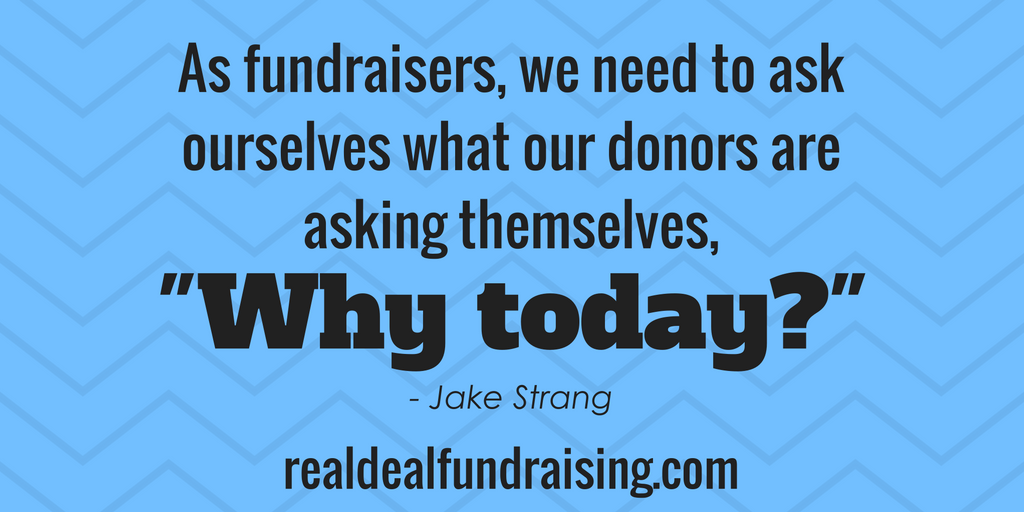
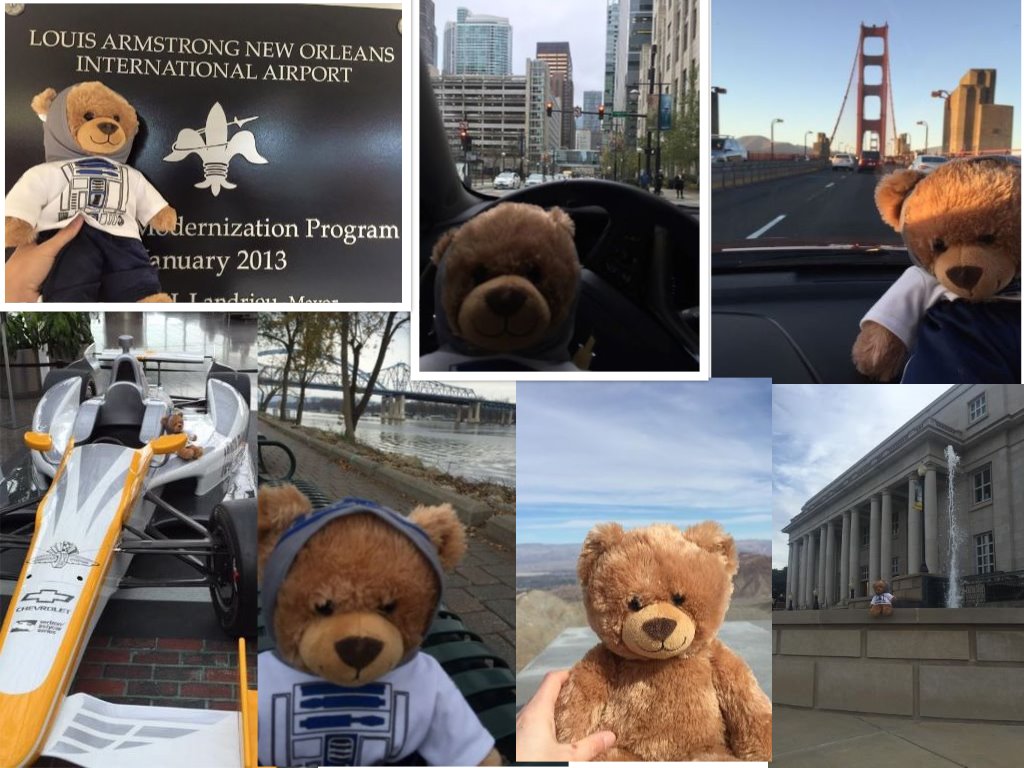
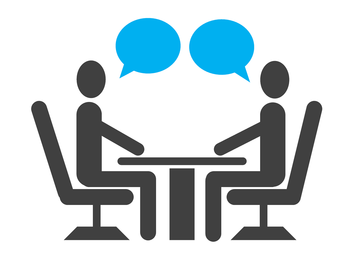
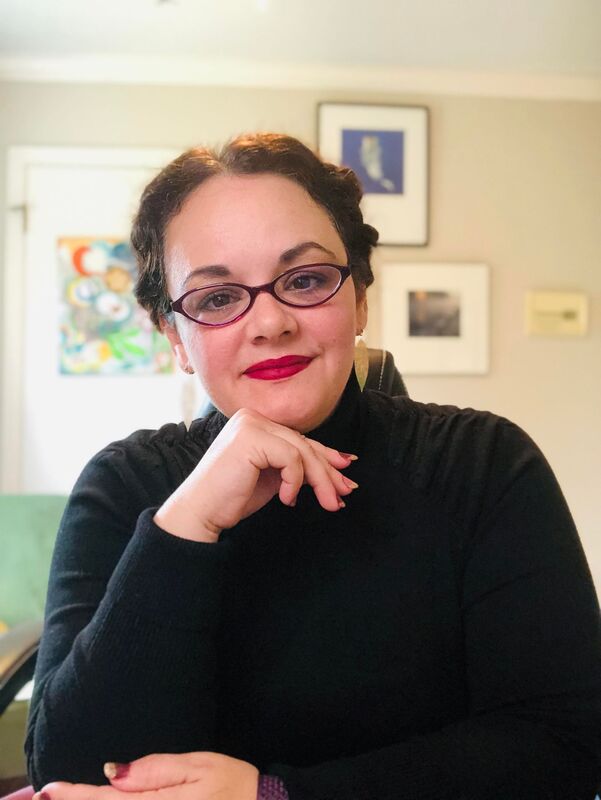
 RSS Feed
RSS Feed
